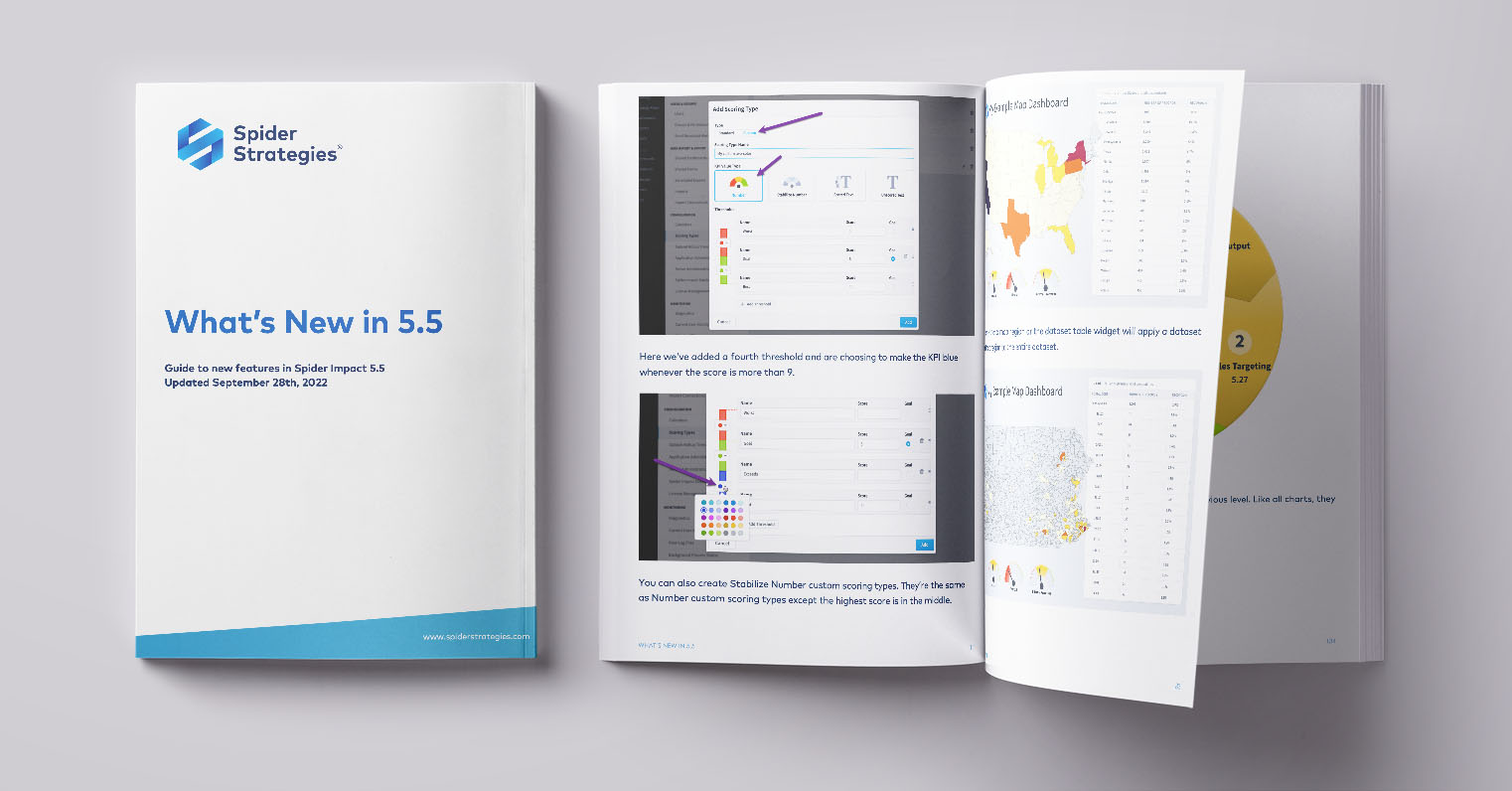8 Ways to Use Analytics for Enterprise Growth

Business analytics uses quantitative tools to identify patterns and trends, understand current business conditions, and make predictions to inform strategy. Learn more about leveraging analytics to support business growth in this guide from Spider Strategies.
How to Use Analytics for Business Growth
Building the right ecosystem and assembling the human capital to get the most out of your data takes time – but it’s well worth it. If you’re not taking advantage of the business intelligence insights that analytics offer, you’re missing out on significant opportunities for improvement and development. Use these eight strategies to create a data-driven culture within your organization and propel business growth:
1. Know the difference
Too often, we treat data and analytics as one entity. But gathering good data and running analytics are two very different functions and skill sets. Make sure your data and analytics teams are closely connected to improve business value but have sufficient staff and resources to perform both functions well.
2. No junk data
Tracking your key performance indicators (KPIs) shouldn’t be a pro forma exercise. Your data needs to be valuable, carefully collected, and well-governed. You may want to pilot specific metrics before committing to tracking them long-term. Draw on your in-house expertise and third-party support to ensure you’re tracking the right metrics and measuring them correctly.
3. Provide robust resources
Give your data and analytics teams the tools they need to succeed by taking a cross-functional approach. For example, you’ll need to pull in your legal department to ensure data privacy and regulatory compliance. Make sure your business intelligence software is collaborative so that using analytics for business growth is a shared effort.
4. Don’t reinvent the wheel
With the right analytics in place, you’ll continually have new insights into your work. That doesn’t mean you need to start from scratch or scrap existing KPIs. Integrate these learnings into your current workflows and systems to drive business value.
5. Context matters
Support your data scientists by leveraging the knowledge of subject matter experts (SMEs) in each department. Data shouldn’t exist in a vacuum – with the right context, your business insights will be richer and more valuable for informing decisions down the road. Regular strategy sessions can help keep your SMEs and data teams connected.
6. Democratize your data
Once you have the right systems established for gathering and analyzing data, don’t gatekeep. Enable self-service analytics to give your employees the power to do their jobs well. With accessible information on your KPIs, it will be much easier for teams to assess their progress, develop project plans, conduct research, and prepare reports and presentations.
7. Support data literacy
It’s not always enough to give access to your data analytics. In some cases, you’ll also have to teach employees or key stakeholders how to use it. Accenture reports that only 21% of the global workforce is confident in their data literacy skills. Invest in internal training sessions to advance data literacy across your organization. This helps you become more nimble and competitive and can even lead to unexpected insights and innovations from employees outside your analytics team.
8. Be flexible and humble
Good analytics might reveal some difficult truths. For example, you may need to abandon certain initiatives or change strategies on a campaign. A commitment to continuous improvement is important – otherwise, you’re just collecting data for the sake of collecting. Keep your long-term goals front and center, but be willing to take a different tack when your analytics reveal opportunities you hadn’t previously considered.
The result is an organization that values and embraces data literacy and is committed to using data to support improvement and continual growth.
Track Business Growth with Help from Spider Impact
With the right tools, your company can use internal and external data to inform business growth strategies. That’s where Spider Strategies comes in – our performance management platform helps your organization measure, manage, and report on the KPIs of your choosing. Spider Impact works with a wide range of performance management frameworks, from the balanced scorecard to earned value management. Spider Strategies partners with a wide range of organizations across sectors, such as:
You choose your metrics – Spider Strategies makes it easy to visualize your data, generate reports, and collaborate across your organization. To request a free test or demo, contact us today.
See Impact in Action
Begin your strategy execution success story. Our proven four-step process quickly guides you from initial discovery to free trial.






